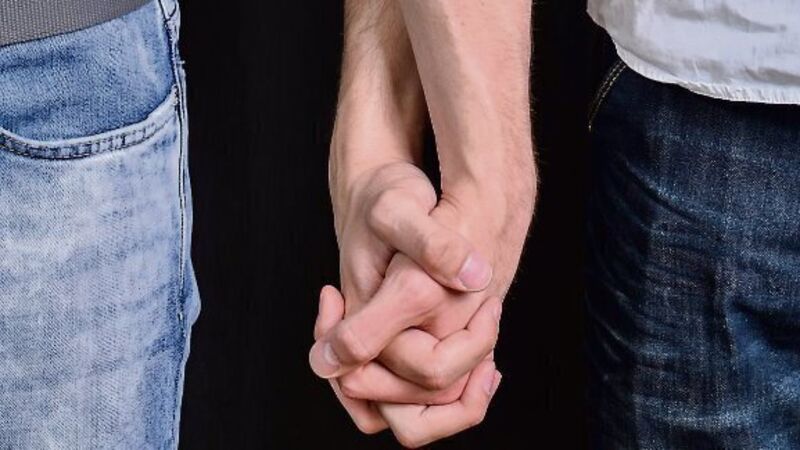It’s time to be straight and just by saying ‘yes’ to same-sex marriage

THERE are people who leave a mark on you. They’re not necessarily big, colourful people who do big, colourful things. When you get to know them, though, they can be hard to forget.
One of them was a neighbour of ours, who became our friend. I will call him Sean — even though he has been dead a long time, he would not want his name in a newspaper.















